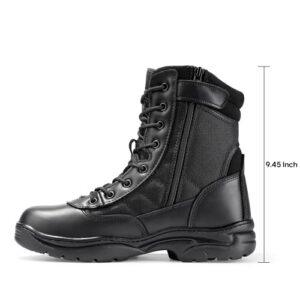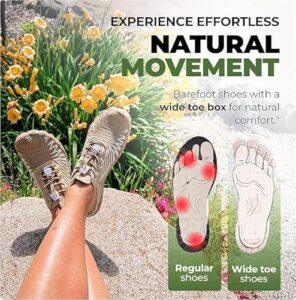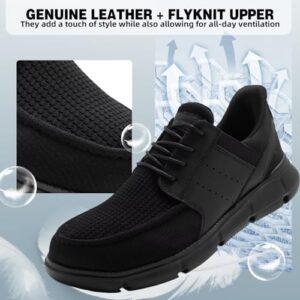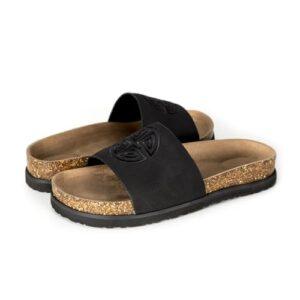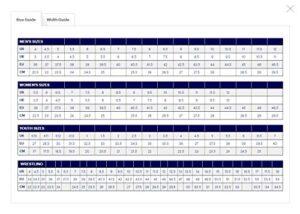Have you ever wondered how much your favorite sneakers actually weigh? Whether you’re a runner, a sneakerhead, or just someone who cares about comfort, the weight of your shoes can make a big difference.
Knowing how much sneakers weigh can help you choose the right pair for your needs—making your steps lighter and your day easier. You’ll discover the surprising facts about sneaker weight and why it matters to you. Keep reading to find out how something as simple as weight can change the way you move!
Average Weight Of Sneakers
The average weight of sneakersusually ranges from 10 to 14 ounces per shoe. Lightweight sneakersoften weigh less than 10 ounces, making them great for running or sports. Heavy sneakerscan weigh over 14 ounces, offering more support and durability for walking or casual wear.
Brands have different weight styles. For example, some brands focus on lightweight materialslike mesh, while others use thicker soles or more padding that add weight. This means the weight can change a lot depending on the brand and shoe type.
| Brand | Lightweight Sneakers (oz) | Heavy Sneakers (oz) |
|---|---|---|
| Brand A | 8 – 10 | 14 – 16 |
| Brand B | 9 – 11 | 13 – 15 |
| Brand C | 7 – 9 | 12 – 14 |

Credit: www.reddit.com
Factors Affecting Sneaker Weight
Materialsplay a big role in sneaker weight. Leather is heavier than mesh or knit fabrics. Sneakers with more plastic parts add extra weight. Foamused in the sole also affects the weight. Softer foam is lighter but less durable.
Design and structureinfluence weight too. Chunky designs with extra padding weigh more. Simple designs with fewer layers are lighter. High-top sneakers usually weigh more than low-tops.
Sole thickness and typechange the total sneaker weight. Thick soles with multiple layers add pounds. Thin soles keep sneakers light but may wear out faster. Rubber soles are heavier than EVA foam soles.
Weight Differences By Sneaker Type
Running shoes usually weigh between 7 to 10 ounces. They are made light to help with speed and comfort. The soles are soft and flexible to absorb shock during running.
Basketball sneakers are heavier, around 14 to 18 ounces. They have extra padding for ankle support. The soles are thicker for better grip on the court.
Casual sneakers vary a lot but often weigh 10 to 13 ounces. They focus more on style and everyday comfort. Materials used can be leather, canvas, or synthetic fabrics.
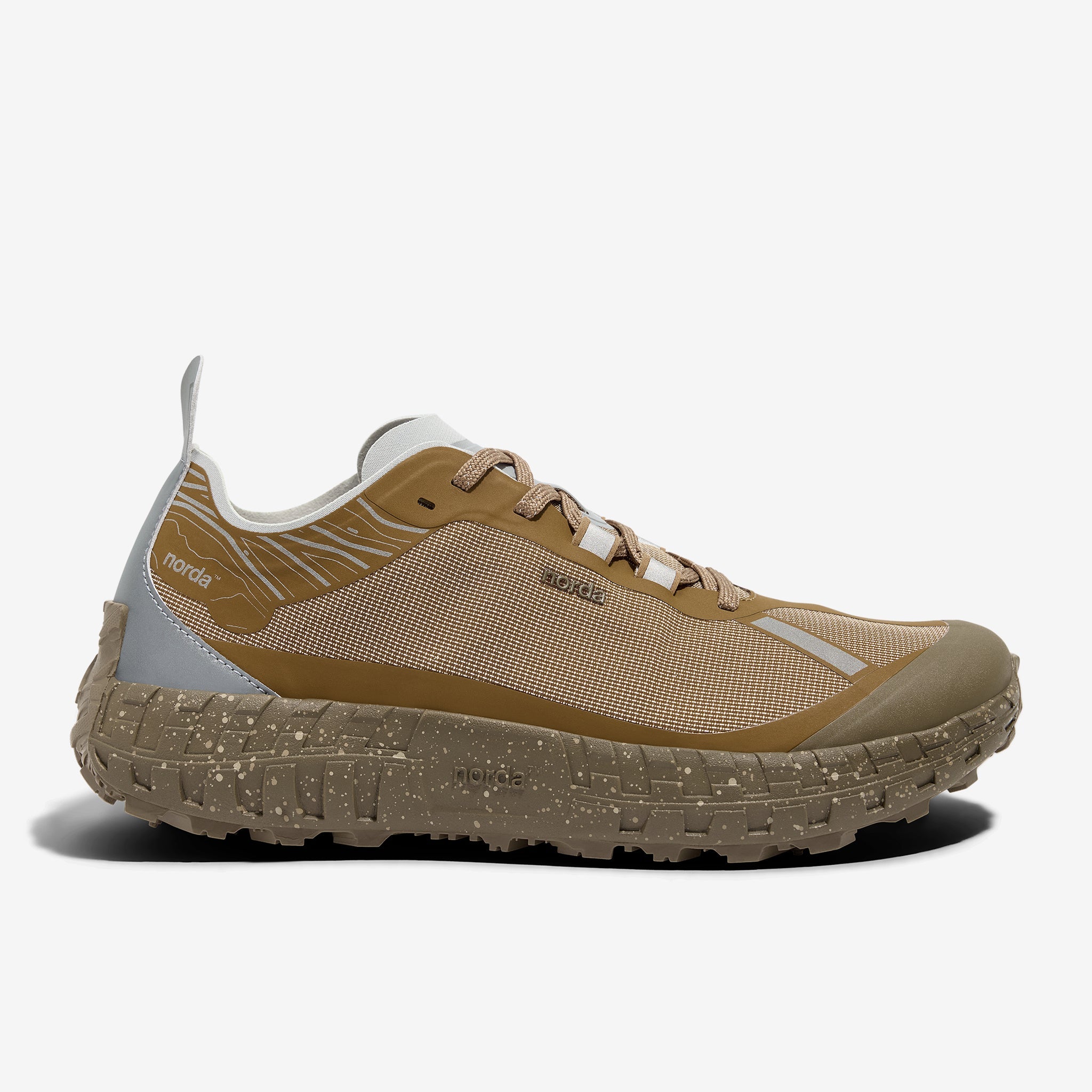
Credit: nordarun.com
Impact Of Weight On Performance
Sneaker weightaffects how comfortable you feel during use. Lighter shoes reduce foot fatigue and help runners last longer. Heavier sneakers may cause tiredness faster, cutting endurance short.
Speed and agility improve with lighter sneakers. Less weight means quicker steps and easier turns. Athletes often choose shoes that allow fast movements without extra load.
Injury preventionlinks to sneaker weight too. Heavy shoes can strain muscles and joints. Wearing lighter shoes helps reduce stress and lower injury risk, especially in sports requiring quick actions.
How To Choose Sneakers By Weight
Purpose and activitymatter a lot when choosing sneaker weight. Lightweight sneakers suit running and fast moves. Heavier shoes offer more support for hiking or heavy workouts. Think about what you will do most while wearing them.
Personal preferencesalso count. Some like light sneakers for comfort. Others prefer heavier shoes for feeling stable. Test different weights to see what fits your style and comfort.
Testing weight in storeshelps a lot. Hold and wear shoes to feel their weight. Walk or jog a bit to check comfort. Choose the pair that feels right, not just looks good.
Trends In Sneaker Weight
Sneaker weightis getting lighter due to new technology. Brands use special materials like foam, mesh, and carbon fiber. These materials make shoes strong but very light. Lighter sneakers help people run faster and feel more comfortable.
Using eco-friendly materialsalso affects sneaker weight. Many brands use recycled plastics, natural rubber, and organic cotton. These materials reduce harm to the planet and keep shoes light. Eco-friendly sneakers are good for the environment and your feet.

Credit: www.runnersworld.com
Frequently Asked Questions
How Much Do Average Sneakers Weigh?
Average sneakers typically weigh between 10 to 14 ounces per shoe. Weight varies based on materials and design. Lightweight running shoes are often lighter, while casual or basketball sneakers may be heavier. Knowing sneaker weight helps in choosing the right pair for comfort and performance.
What Factors Affect Sneaker Weight?
Sneaker weight depends on materials, sole thickness, and design features. Lightweight fabrics reduce weight, while added cushioning or support increases it. The type of sole, such as rubber or foam, also impacts overall weight. These factors influence comfort and athletic performance.
Are Lightweight Sneakers Better For Running?
Yes, lightweight sneakers generally improve running efficiency. They reduce fatigue by minimizing foot weight and enhance speed. However, proper support and cushioning are still crucial to prevent injuries. Choose sneakers balancing lightness and comfort for optimal performance.
How Do Sneaker Weights Differ By Brand?
Sneaker weights vary widely across brands due to design philosophy and materials. Some brands prioritize lightweight construction for athletes. Others focus on durability or style, resulting in heavier shoes. Comparing weights helps consumers select sneakers best suited for their needs.
Conclusion
Sneaker weight affects comfort and performance. Lighter shoes help you move faster. Heavier sneakers offer more support and durability. Choose shoes that fit your daily needs. Remember, weight is just one factor. Try different pairs to find your best match.
Keep your feet happy and healthy. Sneakers should feel good every step. Small differences in weight can matter a lot. Think about how you use them most. Your perfect sneaker balance awaits.

Madison Clark is a footwear expert and the voice behind MyStyleGrid.com. She specializes in honest shoe reviews, style tips, and practical guides to help readers find the perfect pair for any occasion. With years of experience in blogging and content creation, Madison makes footwear knowledge simple, stylish, and easy to follow.


